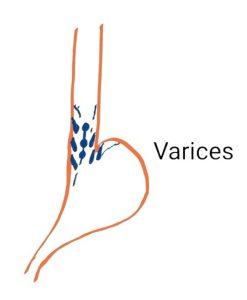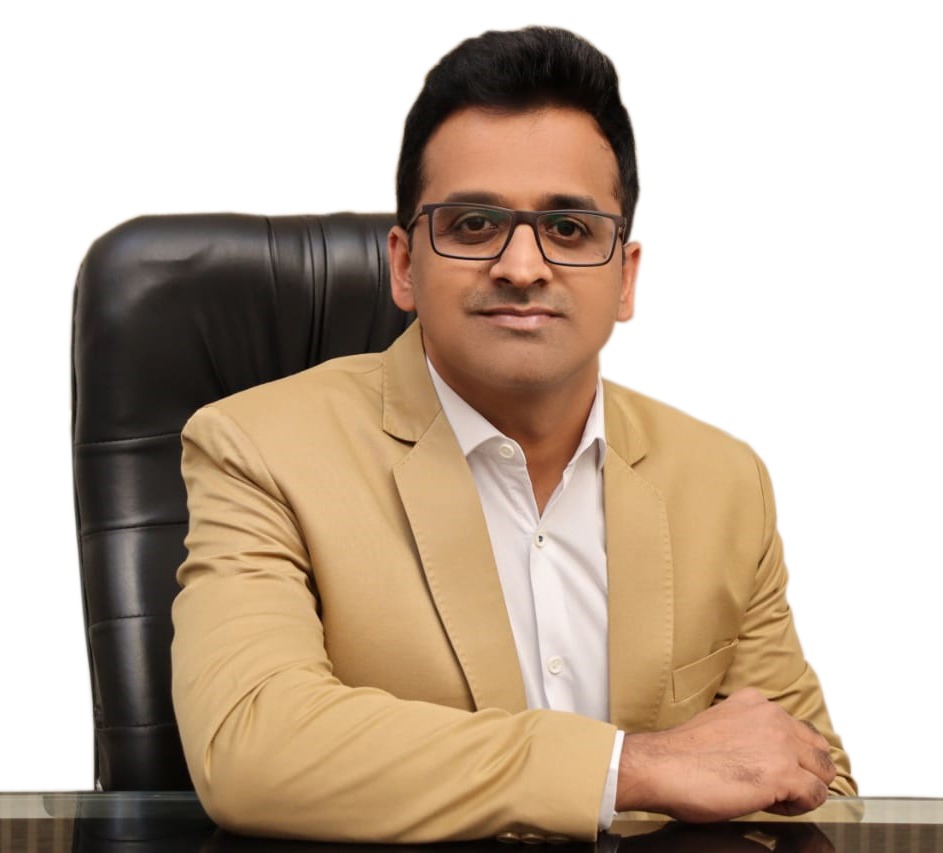If you’re struggling with gastrointestinal diseases, pay a visit to Dr. Dinesh Reddy who is a skilled gastroenterology doctor in Hyderabad. Along with his team of medical specialists, he offers treatments with excellent results to his patients.
Dr. Dinesh understands the various complications of gastrointestinal diseases and the impact they have on our day-to-day lives. Therefore, he works hard to provide optimal care for his patients with a friendly and compassionate approach.
Take the first step towards relief and book an appointment with leading gastroenterology specialist in Hyderabad. Experience the best treatment for gastrointestinal diseases with Dr. Dinesh Reddy and his team of specialists.

Millions of people worldwide are afflicted by varices, sometimes referred to as varicose veins, which are a prevalent vascular ailment. These swollen, twisted veins may be uncomfortable, painful, and cause one to lose self confidence.
It is imperative to speak with a healthcare professional if you experience the aforementioned symptoms. A medical professional will evaluate your symptoms and medical history before performing a series of tests to establish the diagnosis. The following is a list of possible diagnostic procedures:
Varices can be prevented by following these steps:
Varices develop due to increased pressure in the blood vessels, leading to their enlargement and twisting. The most common type is varicose veins, which occur in the legs. When the valves in veins weaken or become damaged, blood flows backward and pools, causing the veins to stretch. Risk factors include age, family history, pregnancy, obesity, and prolonged standing or sitting. Varices can also form in the esophagus due to liver problems, leading to potentially dangerous bleeding. To prevent varices, maintain a healthy lifestyle, exercise regularly, avoid prolonged sitting or standing, and manage conditions that increase pressure in veins.
Yes, varices can have a genetic component. While not all cases of varices are directly inherited, having a family history of varicose veins or other venous conditions increases the risk of developing them. Certain genes may contribute to weaker vein walls or faulty valves, making a person more susceptible to varices. However, lifestyle factors also play a role, and not everyone with a genetic predisposition will develop varices.
Yes, varices can often be seen externally. Varicose veins, a common type of varices, appear as swollen, twisted, and enlarged veins that are visible under the skin, usually in the legs. They can be blue, purple, or bulging and may cause discomfort or pain. In some cases, spider veins, smaller and red or blue in color, may also be visible on the skin’s surface. While not all varices are visible, those on the legs are usually more apparent. If you notice any unusual veins or experience discomfort, it’s essential to consult a healthcare professional for proper evaluation and management.
The effectiveness of treatments for varices varies depending on the type and severity of the condition. For varicose veins in the legs, treatments like compression stockings, lifestyle changes, and exercise can help manage symptoms and prevent worsening. Minimally invasive procedures like sclerotherapy or laser therapy can also be effective in reducing the appearance and discomfort of varicose veins. In more severe cases, surgical interventions such as vein stripping or ablation may be necessary. Treatment for varices in the esophagus focuses on managing the underlying liver condition. Overall, early intervention and a combination of treatments often yield better results in managing varices and their symptoms.
The recovery time from treatment of varices depends on the type of treatment and the individual’s response. For less invasive procedures like sclerotherapy or laser therapy for varicose veins, recovery may take a few days to a week, with minimal downtime. More extensive interventions like vein stripping or ablation may require a few weeks for a full recovery. It’s essential to follow post-treatment instructions provided by the healthcare provider, which may include wearing compression stockings and avoiding strenuous activities for a certain period.

Dr. K V Dinesh offers the best Varices treatment in Hyderabad with over 10 years of expertise in the field of gastroenterology.
He has treated hundreds of patients with gastrointestinal disorders and has built a positive relationship with them. Dr. Dinesh and his team of gastroenterology specialists strive to provide quality treatments to those in need.
He strongly believes that surgery should only be considered as a last resort and prefers a holistic approach to treatment. He never recommends surgery if a disease can be treated entirely through the use of medications.

Our goal is to deliver quality of care in a courteous, respectful, and compassionate manner. We hope you will allow us to care for you and strive to be the first and best choice for your family healthcare.
© 2023 Dr.DineshReddy | Designed by Ramit Solutions